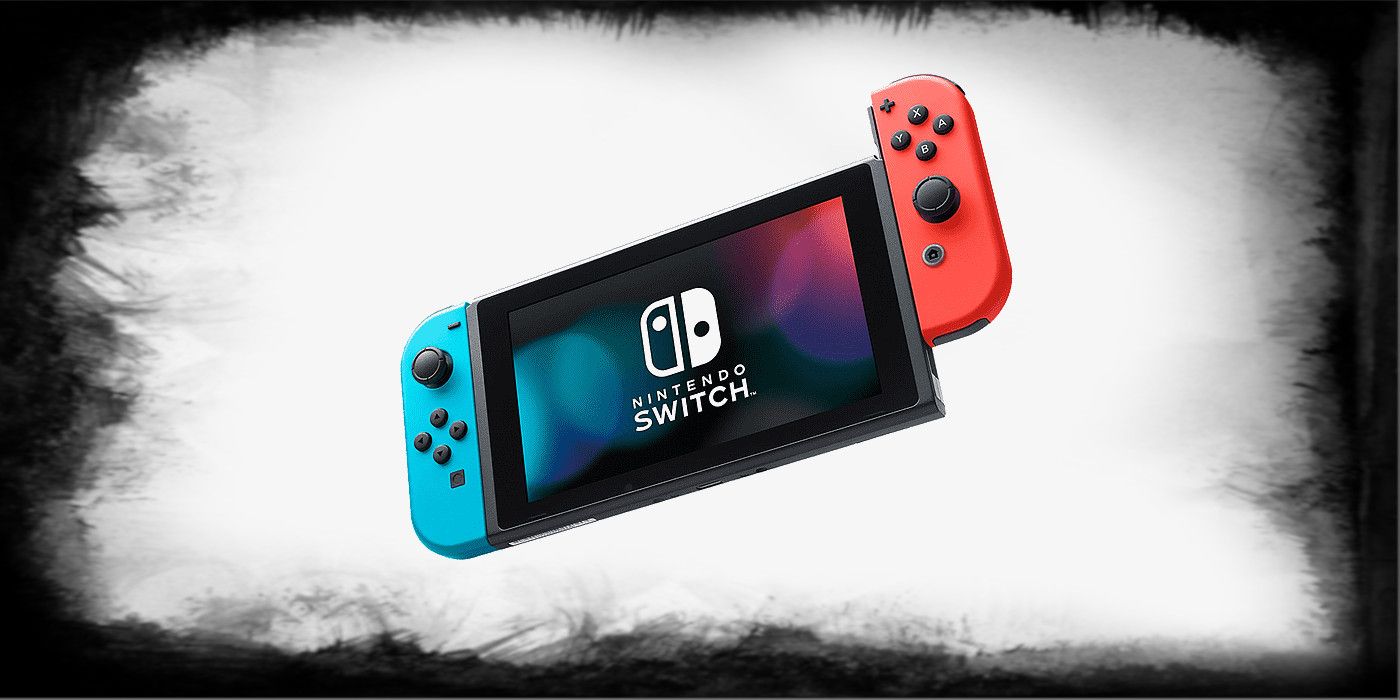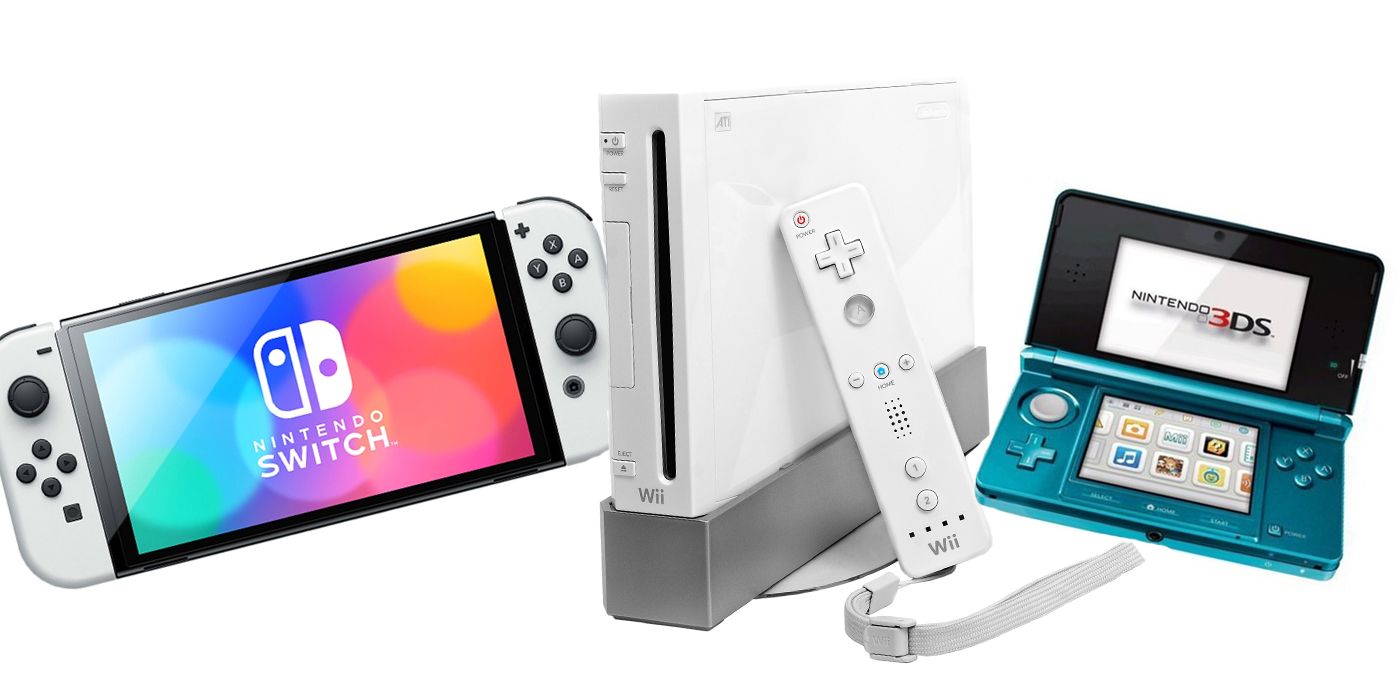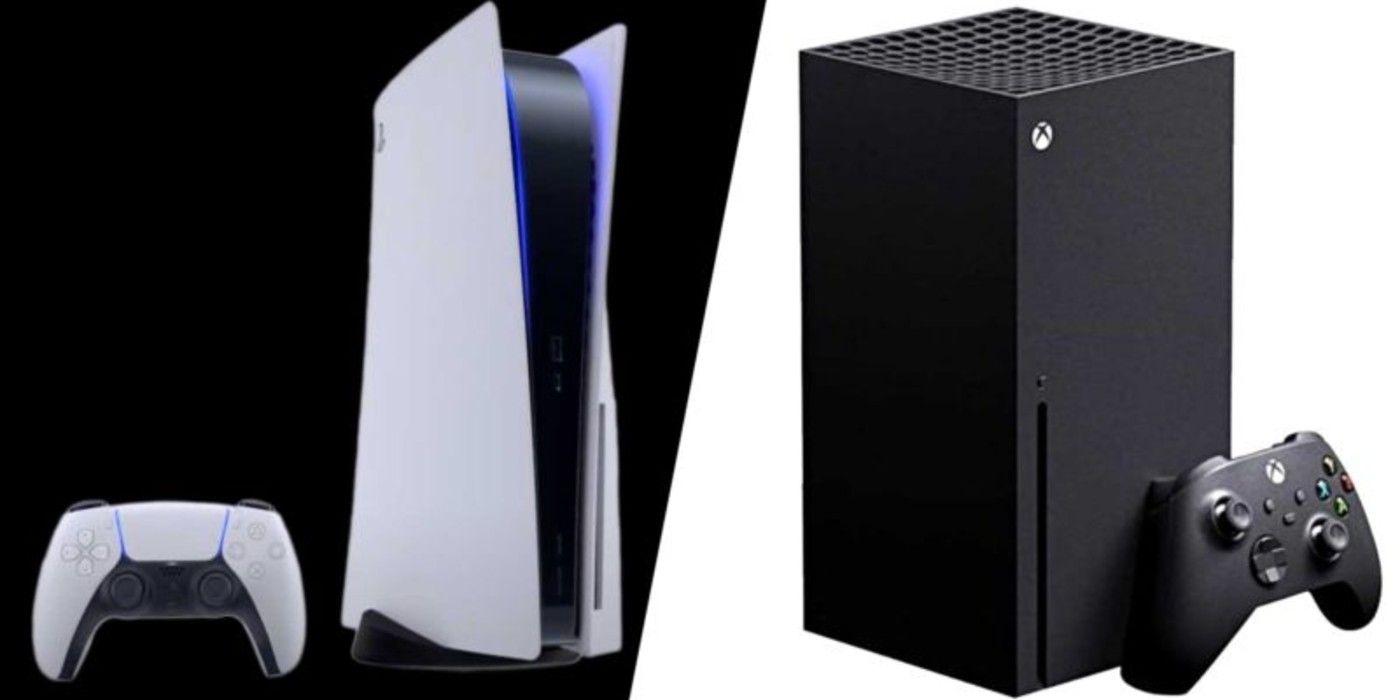The Switch has been a massive success. By folding their home and portable hardware lines into one device Nintendo was able to focus on a single platform for the first time in generations. The hybrid design was certainly appealing, allowing fans to dock and play on the big screen for a traditional console experience or use the Switch as a portable. The weak Switch specs are now showing their age, but Nintendo’s strong first-party software continues to thrive, suggesting a more traditional console should follow.
Though many speculated about a Switch Pro, the rumored mid-generation upgrade did not happen. The Switch already lagged behind the Xbox One and PlayStation 4 in terms of power, and the more recently released Xbox Series X/S and PlayStation 5 consoles go well beyond what Nintendo’s hybrid is capable of. Fans have noted the poor performance of games like Pokémon Scarlet and Violet, and functioning ports of last generation games like Dark Souls or Skyrim are remarkable achievements for the Switch, as opposed to a given.
The Steam Deck Has Usurped The Switch's Unique Selling Point & Boasts More Power
The Steam Deck’s much awaited dock is still pending, but once it is available Valve’s portable PC will fully match the Switch’s hybrid functionality. The Switch OLED model added an attractive screen, and Nintendo continues to incentivize hardware sales with the Nintendo Switch Mario Bundle’s selectable pack-in game. Still, it is an increasingly uphill battle for the Switch to stay relevant. Nintendo can continue to support it with a steady stream of quality exclusives, but as the games prop up the Switch more than its hardware or uniqueness, it might be time to step back from gimmicks and simply make a powerful home console like the competitors.
There is very little that differentiates an Xbox Series X from a PS5, fundamentally. They boast comparable specs, SSD drives, and are intended for use hooked into a TV via HDMI and played with wireless controllers. If Nintendo were to produce a comparable gaming box that happened to be the sole home for franchises like Mario, Zelda, Fire Emblem, and Xenoblade, that alone would offer a compelling value proposition for gaming fans. Nintendo has tried to set itself apart from its competition, but just as Pokémon’s gimmicks could be harming that series, Nintendo’s insistence on gimmick-driven hardware is holding it back.
The fixation on being iconoclastic has plagued Nintendo for generations. The GameCube offered superior specs to the PlayStation 2 in many ways, but it featured an unconventional form factor and used mini-discs with less storage. The Wii was a cultural milestone, and its unique motion controls brought many non-gamers into the hobby. Despite that, it was not a high-definition HDMI-connected console, like its competitors, and once the novelty of motion controls wore off, so did much of the Wii’s appeal. Despite being a step in the right direction as an HD console with backward compatibility, the Wii U included a tablet.
Nintendo Has Prioritized Gimmicks Over System Specs For Several Generations
The addition of the tablet offered some perks, as fans could play select games without using the TV screen, foreshadowing the Switch’s versatility. Few games used the tablet effectively, however. Nintendo announced the Wii U eShop closure, along with that of the 3DS, which harms consumer trust, but also marks the end of two of the company’s most gimmick-heavy devices. The Wii U featured its tablet as well as the motion controls of the Wii, and the 3DS sported 3D graphics along with dual screens and touch controls. These gimmicks may have some appeal when a new console is first launched, but it is the games that make Nintendo shine.
The Switch paired down the reliance on gimmicks, but still leaned into its hybrid function as a selling point. Few games rely on touch controls, as they do not function in docked mode. Joycons suffer from drift, and those who play while docked are better off with a dedicated Pro Controller style input. A successor to the Switch could abandon novelty value altogether, as even a relatively boring home console, even one more on par with the Xbox One S or PS4 Pro, would still be a desirable purchase if its library included Nintendo’s iconic gaming franchises. This would also enable more robust third-party support.
Even the most ardent Nintendo fans are likely to venture beyond first-party games on the Switch. While indie titles have thrived on the hybrid, ports of games like The Witcher 3 are considered near-miraculous achievements. More games are being released that are exclusive to the Xbox Series X/S and PS5, abandoning Xbox One and PS4 versions, and the Switch’s weaker capabilities make ports of those titles a non-starter. Nintendo has also eschewed consoles that double as media playback devices in a bizarre contrarian approach. The company has never included DVD or Blu-ray support as a console feature, and apps like Netflix are nowhere to be seen on the Switch.
Nintendo's Next Console Needs Multi-Media Playback, Streaming Apps, & Third-Party Support
In the era of the PS2, DVD playback added considerable value. Nintendo ended Netflix on Wii U and 3DS, leaving its consoles without access to the ubiquitous streaming app, and very few streaming services are available on the Switch. Having a single device that can play DVDs, Blu-ray, and UHD Blu-ray discs simplifies things for many households. Although streaming boxes like Roku are extremely affordable, having streaming apps on a console makes it a one-stop destination for home entertainment. Nintendo has tried to keep the focus of its hardware on games, which is admirable, but most consumers will also want to watch the occasional movie or television show.
A standardized box like the offerings from Sony and Microsoft would deviate from generations of Nintendo tradition, but it could be time for such a change. The Switch can play nearly every Zelda game, but a Nintendo console that could also support current-gen third-party games, media playback, and streaming apps, holds more promise than chasing yet another gimmick. A Switch successor only needs Nintendo’s quality games along with the reasonable expectations of a modern home console.
Source: Nintendo of America/YouTube




